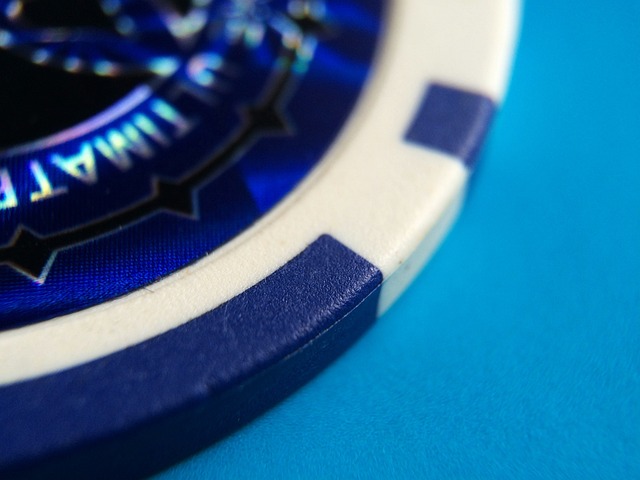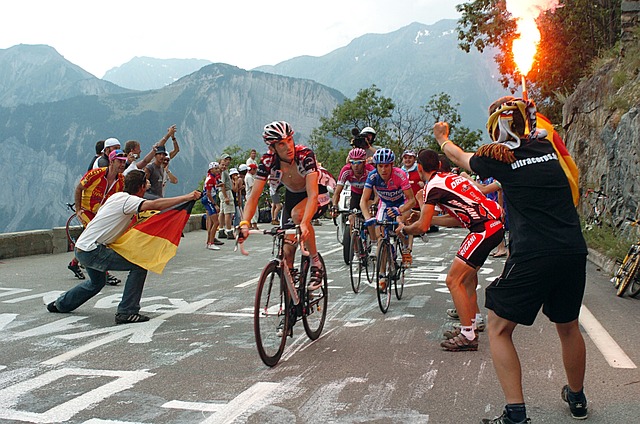Imagine the tension, the anxiety that slips between the folds of time, when every whisper of the wind could announce the end. Since the beginning of time, humanity has looked to the sky, terrified and fascinated, wondering when and how the world would find its end. And in the midst of this fear, there are those who have found a way to turn panic into a bet. Today, we can bet online, but the roots of this impulse lie in a past in which uncertainty was the only certainty. History is full of moments in which the fear of the apocalypse has fueled not only prayers, but also bets and speculations.
When the year 1000 terrorized the world
In the year 999, the world was waiting. Every bell that rang, every priest that preached, seemed to announce the imminent end. Medieval chronicles tell of a Europe immersed in terror. Some sold off their lands, donating everything to the Church in the hope of gaining salvation. But others, less inclined to faith, dedicated themselves to gambling. They bet on survival, they bet on life against death. And when the sun rose on the first day of the new millennium, with the world still intact, the superstitious were defeated and the cynics rejoiced, counting their winnings.
Halley’s Comet: cosmic gambles and earthly fears

The year was 1910, and humanity was once again facing a presumed apocalypse. Halley’s Comet, with its long, bright tail, was visible to the naked eye, and many believed it to be the harbinger of the end. In France, some nobles decided to turn terror into a game. They bet considerable sums on the fate of the Earth, betting that the comet would poison the atmosphere. And while the common people looked up at the sky in terror, these aristocrats anxiously awaited the outcome of their bets. The comet passed, the world did not end, and those who had bet on survival toasted life.
Nostradamus and the Gambling of Fate
Michel de Nostredame, better known as Nostradamus, is a name that evokes visions of catastrophes and disasters. His prophecies, cryptic and ambiguous, have fueled fears for centuries. Whenever a crisis approached, his words were pulled out and reinterpreted, fueling panic. But not only that. There were those who, between one reading and another, saw an opportunity in his quatrains. They bet on which prophecy would come true first, on which catastrophe would strike the world. And while some prayed for a better future, others bet everything on the imminent disaster.
The Apocalypse of 2012: Marketing the End of the World

December 21, 2012 was a date that sparked a global frenzy. Based on the alleged end of the Mayan calendar, the idea that the world could end on that date became a media phenomenon. Documentaries, books, talk shows: everything seemed to revolve around that one question. But amidst the chaos, there were also those who saw an opportunity. Betting on the apocalypse spread like a virus, with millions of people betting that the world would not survive. But when the dawn of December 21 brought just another ordinary day, it was the royalists who had the last laugh, while the prophets of doom were left empty-handed.


